
Akwa: The Heartbeat of Douala
Welcome to Akwa, the bustling heartbeat of Douala, Cameroon’s economic capital. This vibrant neighborhood is a perfect blend of modernity and tradition, offering an unforgettable experience for every traveler. Strolling through Akwa, you'll encounter a lively mix of markets, historic landmarks, and contemporary amenities that paint a vivid picture of Cameroon's dynamic culture. Akwa is renowned for its energetic markets, where you can find everything from fresh produce to unique local crafts. The Central Market, in particular, is a must-visit destination. Here, the air is filled with the vibrant energy of traders and the colorful displays of goods. It’s a great place to immerse yourself in the local way of life and pick up some authentic souvenirs. For history enthusiasts, Akwa offers several historical landmarks that tell the story of Douala’s past. The La Pagode, a striking colonial-era building, is one of the neighborhood's most iconic sights. Additionally, Akwa is home to numerous cultural centers and galleries where you can explore Cameroon's rich artistic heritage. Whether you're wandering through its streets, sampling local delicacies, or enjoying the nightlife, Akwa promises a journey filled with discovery and excitement.
Local tips in Akwa
- Visit the Central Market early in the morning to experience the hustle and bustle at its peak.
- Be sure to try local street food like ndolé and brochettes for an authentic culinary experience.
- Carry small denominations of local currency for easier transactions at markets and local shops.
- Wear comfortable shoes as exploring Akwa involves a lot of walking.
Akwa: The Heartbeat of Douala
Welcome to Akwa, the bustling heartbeat of Douala, Cameroon’s economic capital. This vibrant neighborhood is a perfect blend of modernity and tradition, offering an unforgettable experience for every traveler. Strolling through Akwa, you'll encounter a lively mix of markets, historic landmarks, and contemporary amenities that paint a vivid picture of Cameroon's dynamic culture. Akwa is renowned for its energetic markets, where you can find everything from fresh produce to unique local crafts. The Central Market, in particular, is a must-visit destination. Here, the air is filled with the vibrant energy of traders and the colorful displays of goods. It’s a great place to immerse yourself in the local way of life and pick up some authentic souvenirs. For history enthusiasts, Akwa offers several historical landmarks that tell the story of Douala’s past. The La Pagode, a striking colonial-era building, is one of the neighborhood's most iconic sights. Additionally, Akwa is home to numerous cultural centers and galleries where you can explore Cameroon's rich artistic heritage. Whether you're wandering through its streets, sampling local delicacies, or enjoying the nightlife, Akwa promises a journey filled with discovery and excitement.
Iconic landmarks you can’t miss
Rond-Point Deido
Discover the vibrant culture and history at Rond-Point Deido, Douala's key historical landmark that connects the city's lively neighborhoods.
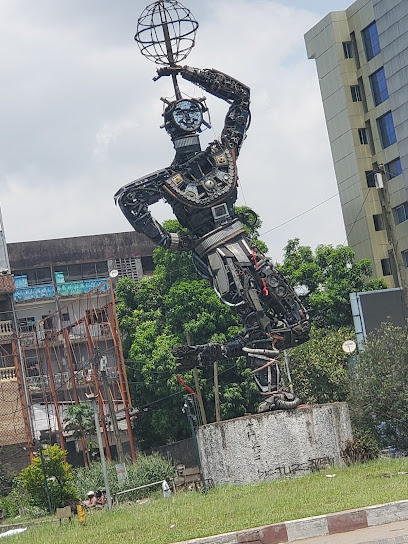
Cathedral of St Peter and Paul Bonadibong
Discover the architectural beauty and spiritual significance of Douala's Cathedral of St Peter and Paul Bonadibong, a cultural and religious landmark.
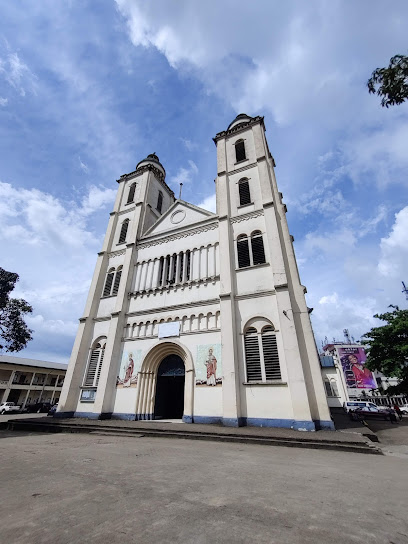
Maritime Museum Of Douala
Explore Cameroon's maritime past at the Douala Maritime Museum, an architectural gem showcasing the nation's seafaring history and coastal culture.
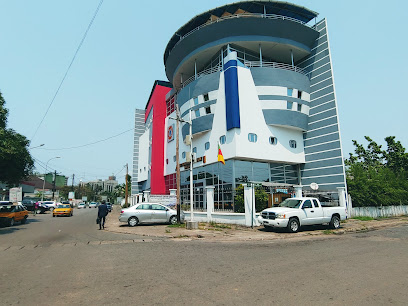
Doual'art
Explore contemporary African art at Doual'art in Douala, Cameroon, a vibrant cultural center promoting local and international artists.
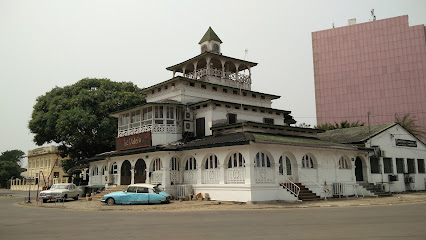
Monument Du Cinquantenaire De L'armée
Discover Douala's iconic Monument Du Cinquantenaire De L'armée: a symbol of military history, national pride, and tranquil beauty in a vibrant city.
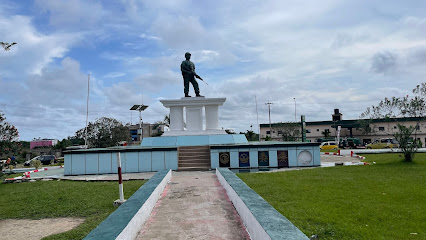
La Nouvelle Liberté
Discover La Nouvelle Liberté in Douala: a vibrant symbol of freedom, resilience, and Cameroonian culture crafted from recycled materials.
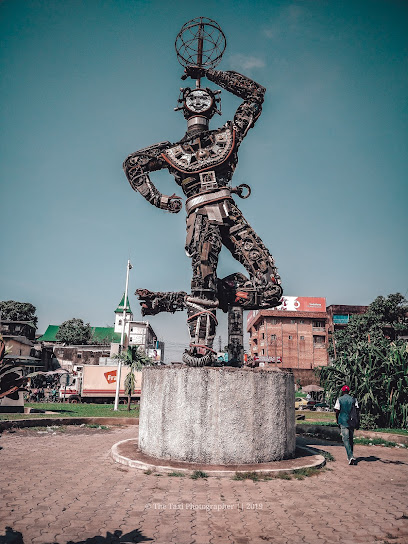
Queen's Park
Experience unforgettable events and cultural celebrations at Queen's Park, Douala's premier banquet hall in the heart of Akwa I.
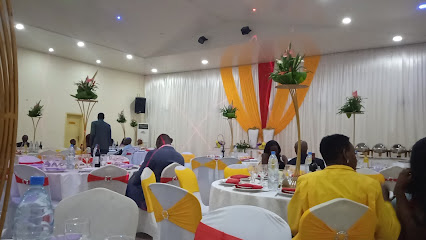
Temple du Centenaire
Discover the Temple du Centenaire in Douala: a historical landmark commemorating 100 years of Christianity in Cameroon.
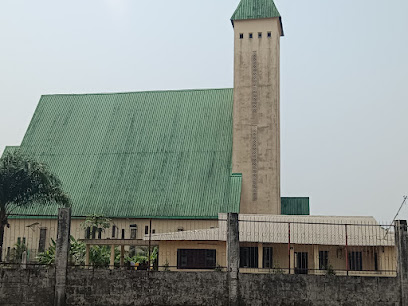
La Pagode
Discover La Pagode in Douala: A historic palace blending German & local architecture, home to Cameroonian royalty, and a landmark of colonial history.
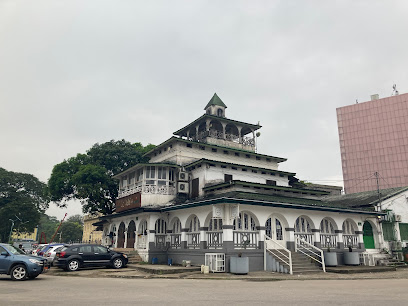
Monument Nachtigal
Explore Monument Nachtigal in Douala, Cameroon, a historical landmark honoring German explorer Gustav Nachtigal and the city's colonial past.
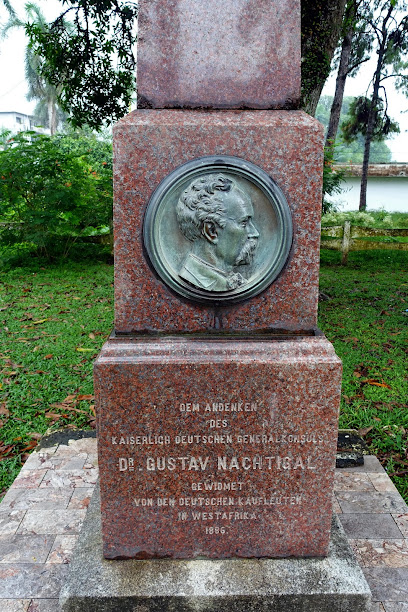
Unmissable attractions to see
Deido plage
Experience the vibrant culture and serene beauty of Deido Plage, a must-visit beach destination in Douala, Cameroon.
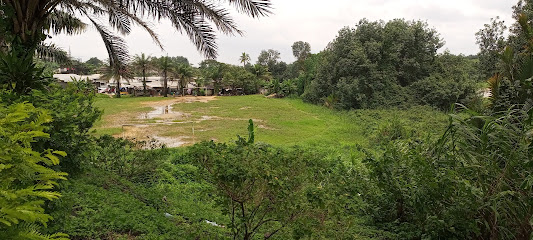
Rond point Salle de fête d'Akwa Douala
Experience the vibrant culture and local charm at Rond Point Salle de Fête d'Akwa Douala, a lively heart of Douala filled with sights, sounds, and tastes.
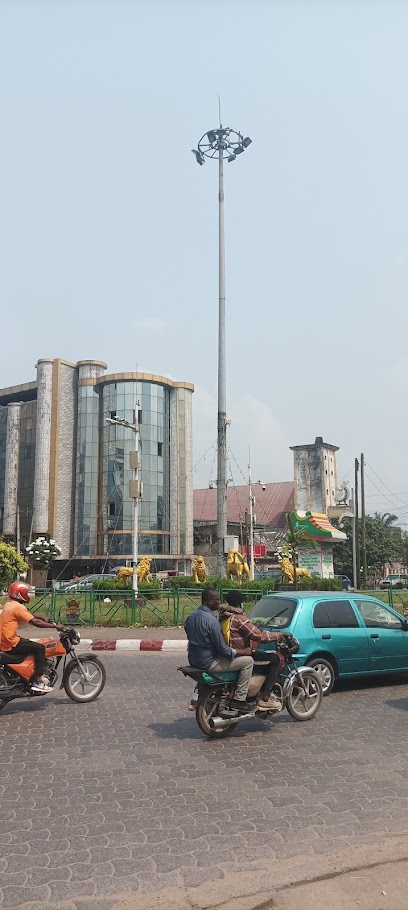
Obélisque Bonanjo
Discover the historic Obélisque Bonanjo in Douala, Cameroon, a landmark symbolizing the city's rich cultural heritage and vibrant history.

Essential places to dine
Saga Africa Restaurant - Akwa, Douala
Experience the fusion of African and European cuisines at Saga Africa Restaurant in Douala, where every dish tells a story.
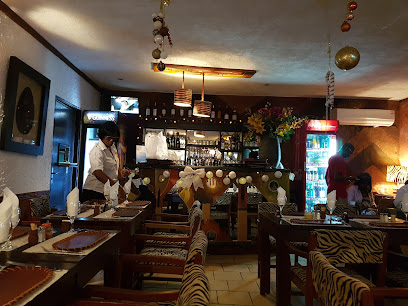
Restaurant Le Fouquet
Discover the rich flavors of Cameroon at Restaurant Le Fouquet – where culinary tradition meets modern dining in Douala.
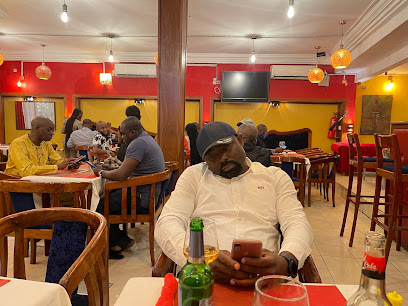
Khadidja's Senegalese Restaurant
Discover the vibrant flavors of Senegal at Khadidja's Restaurant in Douala - where authentic cuisine meets warm hospitality.
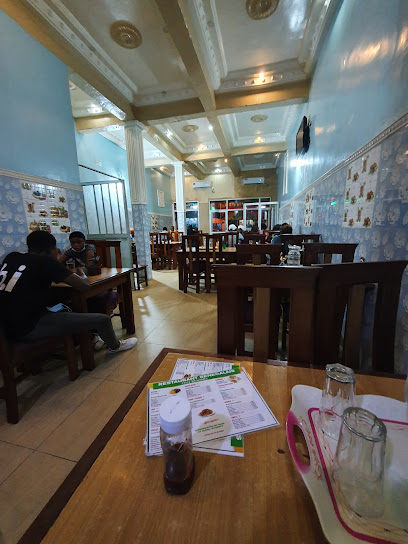
Les perroquets
Experience authentic Cameroonian cuisine at Les Perroquets in Douala – where every dish tells a story.
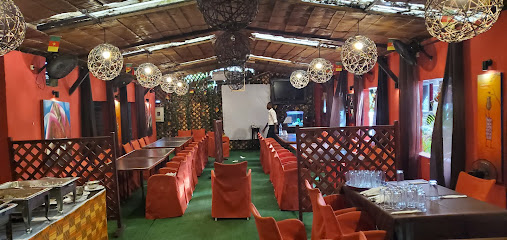
La Fourchette
Experience exquisite local and international cuisine at La Fourchette in Douala's vibrant Akwa I district.
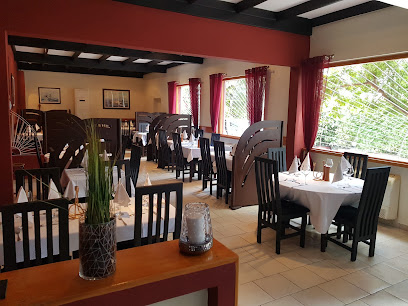
Akwarium
Discover Akwarium in Douala: Savor exquisite local and international dishes in a vibrant setting perfect for all occasions.
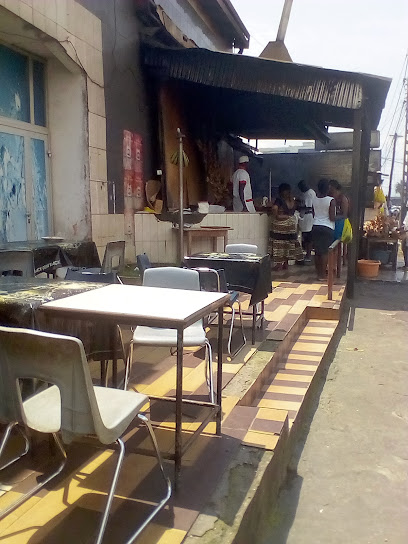
Restaurant Le Rocher
Experience the rich flavors of Africa at Restaurant Le Rocher in Douala – where every dish tells a story.
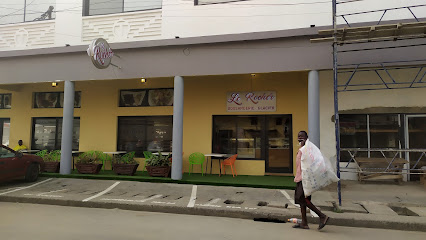
Restaurant Senegalais
Discover authentic Senegalese cuisine at Restaurant Senegalais in Douala – where every dish tells a story.
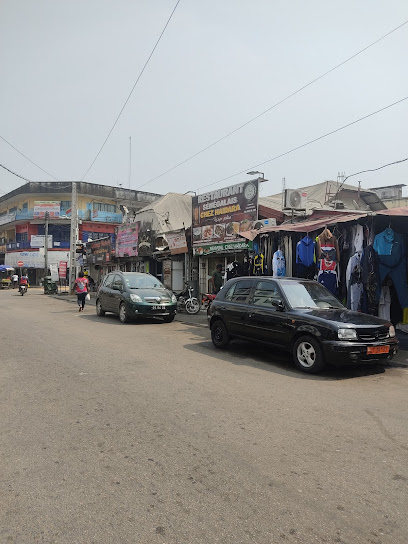
Oasis Restaurant - Cellar - Lodging
Discover the authentic flavors of Cameroon at Oasis Restaurant - Cellar - Lodging in Douala, where every meal tells a story.
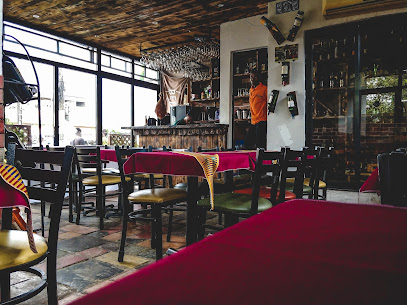
Obrigado Bistro
Experience the essence of Haute French cuisine at Obrigado Bistro in Douala – where each dish tells a story.
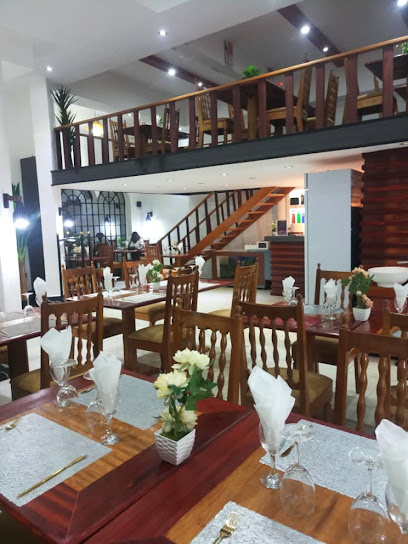
Markets, malls and hidden boutiques
RD Gadgets
Explore a vibrant gift shop in Douala, where unique Cameroonian treasures await every curious traveler.

Imagin Conception Boutique Mode, Douala
Explore trendy youth fashion at Imagin Conception Boutique Mode in Douala, where unique styles meet contemporary flair.

Layette Destiny shopping
Discover the vibrant fashion scene at Layette Destiny Shopping in Douala, where style meets local craftsmanship in an unforgettable shopping experience.
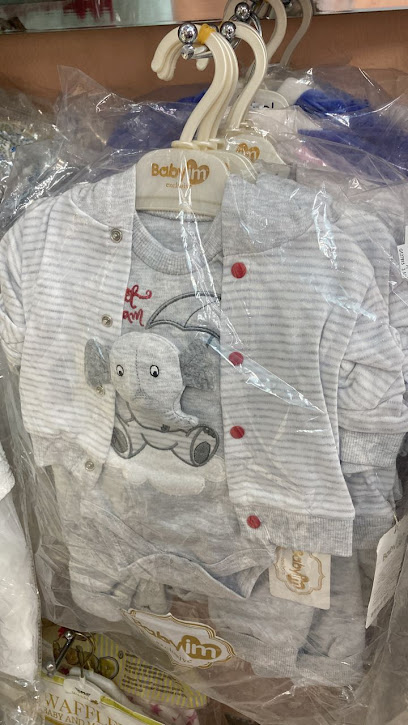
Purses Shop
Explore Douala's Purses Shop for a stunning collection of fashion accessories that reflect local craftsmanship and contemporary style.
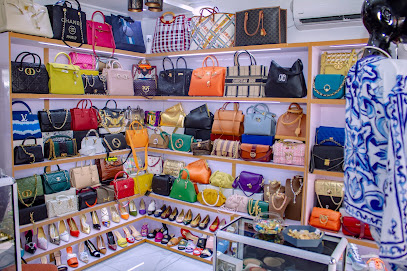
GLAMOUR MODE
Explore unique fashion at Glamour Mode, Douala's boutique showcasing local craftsmanship and contemporary styles.

knowledge shopping
Experience the unique blend of technology and culture at Knowledge Shopping, Douala's premier smart shop destination.

ledetaillant
Explore Douala's boutique wonderland, where local fashion meets cultural richness in a vibrant shopping experience.
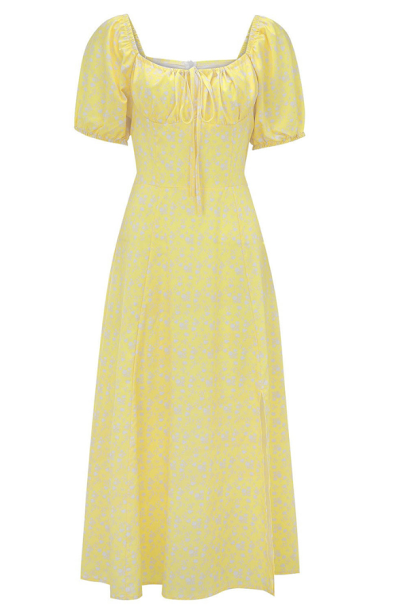
Établissement Chinois
Discover unique fashion accessories that reflect Cameroon’s rich culture at Établissement Chinois in Douala, a vibrant shopping haven for every traveler.

Boutique CANON
Discover quality computer accessories and exceptional service at Boutique CANON, Douala's leading tech destination.
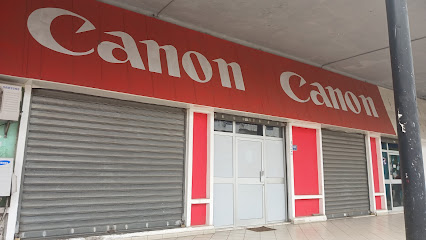
NeoBlack
Explore NeoBlack in Douala for exceptional workwear that blends quality, style, and local culture in one vibrant shopping experience.

Essential bars & hidden hideouts
Black&White Douala
Experience the vibrant nightlife of Douala at Black&White, where delicious food meets dynamic DJ performances and billiards fun.
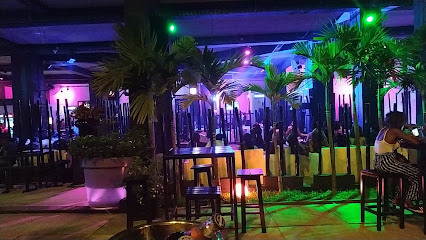
OPIOM Lounge Bali
Discover the vibrant nightlife at OPIOM Lounge Bali, where stylish ambiance meets exceptional music and cocktails in the heart of Douala.
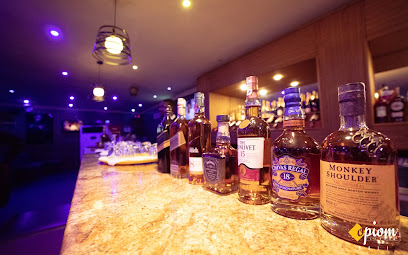
Le Blue lounge snack bar
Discover the vibrant atmosphere of Le Blue Lounge Snack Bar in Douala, where locals gather for delicious drinks and delightful snacks.
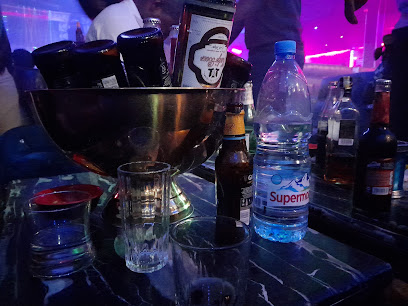
The Sky
Experience the vibrant nightlife of Douala at The Sky, a top-notch lounge and bar offering exquisite drinks, delicious food, and live sports.
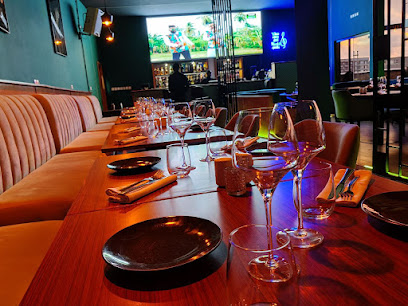
Haven Lounge Akwa
Discover the vibrant nightlife of Douala at Haven Lounge Akwa, where relaxation meets entertainment in a cozy atmosphere.
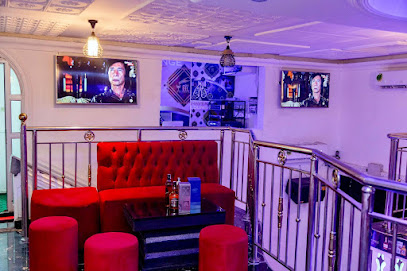
WHITE LOUNGE
Experience the vibrant nightlife at White Lounge, Douala's premier bar offering refreshing drinks and a lively atmosphere.
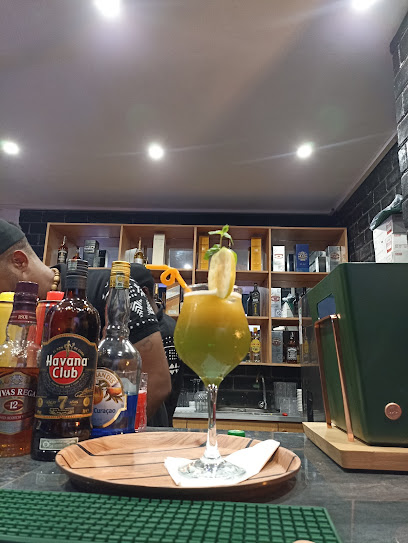
ELTHY BAR DOUALA
Discover the lively Elthy Bar Douala, where vibrant nightlife meets refreshing drinks in an unforgettable atmosphere.
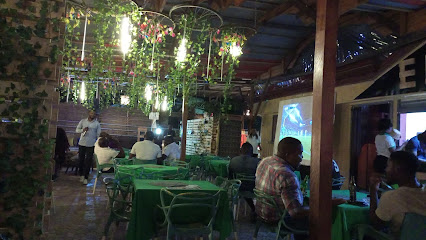
Oôo
Experience the vibrant nightlife of Douala at Oôo, where local culture meets a lively bar atmosphere and delicious drinks await.

MOOD CAVE
Discover the vibrant nightlife at Mood Cave in Douala, a lively bar offering eclectic drinks and a welcoming atmosphere for all.

Baobab
Discover the vibrant nightlife at Baobab Bar in Douala, known for its creative cocktails and lively atmosphere perfect for socializing.

Local Phrases
-
- HelloMbolo
[mboh-loh] - GoodbyeAdieu
[ah-dyuh] - YesEh
[eh] - NoAyi
[ah-yee] - Please/You're welcomeMbele
[em-beh-leh] - Thank youNgon
[ngohn] - Excuse me/SorryNkolo
[n-koh-loh] - How are you?Na lako?
[nah lah-koh] - Fine. And you?Mbotama. Nde na?
[em-boh-tah-mah. n-deh nah?] - Do you speak English?Na ngo bewe no angale?
[nah n-goh beh-weh noh ahn-gah-leh?] - I don't understandNga longa
[ngah lohn-gah]
- HelloMbolo
-
- I'd like to see the menu, pleaseNga te yaa menyu, mbele
[ngah teh yah men-yoo, em-beh-leh] - I don't eat meatNga le yaa nyama
[ngah leh yah nyah-mah] - Cheers!Elanga!
[eh-lahn-gah] - I would like to pay, pleaseNga te som, mbele
[ngah teh sohm, em-beh-leh]
- I'd like to see the menu, pleaseNga te yaa menyu, mbele
-
- Help!Mbele!
[em-beh-leh] - Go away!Sama!
[sah-mah] - Call the Police!Na ngue gendarmerie!
[nah ngweh jehn-dah-meh-ree] - Call a doctor!Na ngue doctor!
[nah ngweh dohk-tohr] - I'm lostNga se wu
[ngah seh woo] - I'm illNga se bolo
[ngah seh boh-loh]
- Help!Mbele!
-
- I'd like to buy...Nga te la...
[ngah teh lah] - I'm just lookingNga ye kala
[ngah yeh kah-lah] - How much is it?A fa na?
[ah fah nah] - That's too expensiveA a fa na mingi
[ah ah fah nah meen-gee] - Can you lower the price?Na bele a fa na?
[nah beh-leh ah fah nah]
- I'd like to buy...Nga te la...
-
- What time is it?A ngue tchoua?
[ah ngweh chwah] - It's one o'clockA ngue tchoua na mo
[ah ngweh chwah nah moh] - Half past (10)Mbele na (10)
[em-beh-leh nah (10)] - MorningTchoua
[chwah] - AfternoonTchoua mbotama
[chwah em-boh-tah-mah] - EveningTchoua nge
[chwah ngeh] - YesterdayNa se
[nah seh] - TodayNa ye
[nah yeh] - TomorrowNa sibai
[nah see-bye] - 1Mo
[moh] - 2Bi
[bee] - 3Nto
[n-toh] - 4Nya
[nyah] - 5Nne
[n-neh] - 6Nto na mo
[n-toh nah moh] - 7Nto na bi
[n-toh nah bee] - 8Nto na nto
[n-toh nah n-toh] - 9Nto na nya
[n-toh nah nyah] - 10Bi mo
[bee moh]
- What time is it?A ngue tchoua?
-
- Where's a/the...?Na ngue...?
[nah ngweh] - What's the address?A ngue nom...
[ah ngweh nohm] - Can you show me (on the map)?Na bele na ye (na ma)
[nah beh-leh nah yeh (nah mah)] - When's the next (bus)?A ngue bo (bus)?
[ah ngweh boh (boo-s)] - A ticket (to ....)Na ngue tiketi (to ....)
[nah ngweh tee-keh-tee (to ....)]
- Where's a/the...?Na ngue...?
History of Akwa
-
Akwa, a vibrant neighborhood in Douala, has its roots deeply embedded in the history of the coastal city. Originally inhabited by the indigenous Bakoko people, the area began to develop significantly during the late 19th century when Douala emerged as a key port for trade and commerce. The neighborhood's name is derived from the word 'akwa', meaning 'water' in the Duala language, reflecting its proximity to the Wouri River.
-
The late 19th century saw Akwa transform with the arrival of German colonial rule. Established as a trading post, the colonial government invested in infrastructure, including roads and public buildings, which encouraged the growth of Akwa as a commercial hub. The introduction of European architectural styles can still be seen in some of the older buildings, showcasing the blend of local and colonial influences.
-
Following World War II, Akwa experienced significant urbanization as Douala became the economic heart of Cameroon. The neighborhood attracted people from various regions seeking employment opportunities, leading to a diverse cultural melting pot. This period marked the establishment of numerous markets, shops, and businesses, solidifying Akwa's reputation as a bustling marketplace.
-
Today, Akwa is recognized not only for its commercial activities but also for its cultural significance. It is home to various art galleries, cultural centers, and performance spaces that showcase the rich traditions of the Douala people and other ethnic groups in the region. Festivals and events held in Akwa celebrate the diverse heritage and foster community spirit.
-
In recent decades, Akwa has continued to evolve as a key economic zone in Douala, with significant investment in infrastructure and services. The neighborhood is characterized by its bustling streets, shops, and restaurants, which contribute to the local economy. The ongoing development projects aim to enhance the neighborhood's appeal as a modern urban center while preserving its historical and cultural essence.
Akwa Essentials
-
Akwa is easily accessible from various neighborhoods in Douala. The main transportation hub is the Douala International Airport, situated about 10 kilometers away. From the airport, you can take a taxi directly to Akwa, which takes approximately 20 minutes depending on traffic. If you are coming from the city center or other neighborhoods like Bonanjo or Bonapriso, you can use local taxis or ride-hailing services. Buses and minibuses (known locally as 'tap-tap') also connect to Akwa from different parts of the city.
-
Akwa is a bustling neighborhood with a mix of pedestrian-friendly streets and busy roadways. Taxis and motorcycle taxis (also called 'benskin') are available for quick transportation. Public buses operate in the area, though they may not be the most convenient option for tourists. Bicycles can be rented from local shops, providing a fun way to explore the neighborhood at your own pace. Walking is also a great way to soak in the local atmosphere.
-
While Akwa is generally safe for tourists, it is advisable to stay vigilant, particularly in crowded areas. Petty crimes such as pickpocketing can occur, especially around markets and bus stations. Avoid walking alone at night in less populated areas, particularly towards the outskirts of Akwa. Areas like the main bus station can be busy and chaotic; exercise caution when navigating through them.
-
In case of an emergency, dial 112 for police assistance or 118 for medical emergencies in Douala. Familiarize yourself with the location of nearby hospitals and clinics. The local police station in Akwa is relatively accessible. Ensure you have travel insurance that covers health emergencies. For minor ailments, local pharmacies are readily available.
-
Fashion: Do wear light, modest clothing suitable for the tropical climate, and avoid overly revealing outfits. Religion: Do respect local customs; if visiting religious sites, dress conservatively. Public Transport: Do be courteous; offer your seat to elderly passengers. Don't eat or drink on public transport. Greetings: Do greet people with a friendly handshake; a smile goes a long way. Eating & Drinking: Do try local dishes at street vendors and restaurants. Don’t refuse food offered to you, as it is seen as disrespectful.
-
To experience Akwa like a local, visit the bustling markets to try local produce and delicacies. Engage with local vendors; they often have fascinating stories and insights about the neighborhood. Don’t miss out on trying local dishes such as Ndolle (a traditional Cameroonian dish) from local eateries. For a cultural experience, visit the nearby art galleries and craft shops that showcase local artisans' work.
Nearby Cities to Akwa
-
Things To Do in Tiko
-
Things To Do in Buea
-
Things To Do in Limbe
-
Things To Do in Edea
-
Things To Do in Nkongsamba
-
Things To Do in Malabo
-
Things To Do in Kribi
-
Things To Do in Luba
-
Things To Do in Dschang
-
Things To Do in Bafoussam
-
Things To Do in Calabar
-
Things To Do in Mbouda
-
Things To Do in Bafia
-
Things To Do in Mamfe
-
Things To Do in Yaoundé









